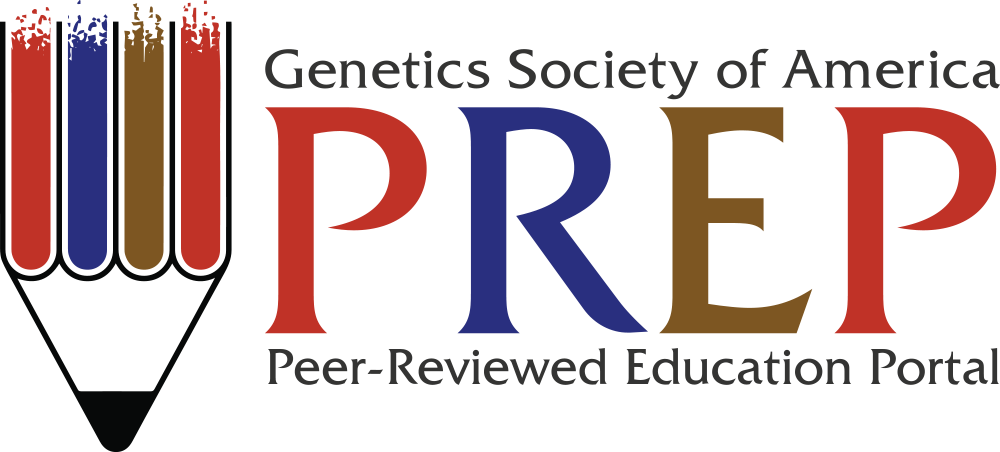
Original
Resources
A Problem Based Learning Exercise on Food Security: Understanding the Role of Genomic Variation and Plant Breeding
Author(s):
Jolie Wax, Zhu Zhuo, Anna Bower, Jessica Cooper, Susan Gachara, Isaac Kamweru, Terrance Mhora, Sabari Nath Neerukonda, Danielle Novick, Julia Winkeler, Todd Yoder, and Randall J. Wisser
Overview:
Genome Science is concerned with the function and diversity of genomes within and across species as well as with applications, policies and ethics surrounding genetic and genomic data. This resource aims to introduce key concepts and current technologies and techniques in genome science to undergraduates majoring in biology or sub-disciplines of biology. This is accomplished by engaging student groups in an activity that explores how genomic variation can benefit food security. This three-stage Problem Based Learning (PBL) exercise,dubbed “Food Security: Understanding the Role of Genomic Variation and Plant Breeding,” guides students from understanding what food security entails, particularly environmental stress on crop production, to discovering how high-throughput sequencing (HTS) data on genomic variation can aid in solving such problems.The PBL resource is intended to be given over three separate class periods. Each stage includes a reading with new terms defined in the margins and a set of guiding questions. Students work in groups of three or four to complete each stage of the problem. Each stage takes about an hour including time for class-wide discussion of select questions. Students are ultimately challenged to think about how HTS data on genomic variation can help solve issues with food crop production. Following this exercise, students should be able to discuss approaches used to preserve and characterize genetic diversity and how this impacts plant breeding and food security.
Genetics Concept(s) Addressed:
This resource aims to introduce key concepts and current technologies and techniques in genome science to undergraduates majoring in biology or sub-disciplines of biology.
Core Competencies Addressed:
Students should be able to discuss approaches used to preserve and characterize genetic diversity and how this impacts plant breeding and food security.
Audience:
Undergraduate Biology Majors
Activity Type:
In-Class/Problem Based Learning
Activity Length:
3-hours
Keywords:
Ethics, policy, genomic variation, food security, high-throughput sequencing
Citation:
Wax, J., Zhuo, Z., Bower, A., Cooper, S., Kamweru, I., Mhora, T., Neerukonda, S.N., Novick, D., Winkeler, J., Yoder, T., Wisser, R.J. (2018). A Problem Based Learning Exercise on Food Security: Understanding the Role of Genomic Variation and Plant Breeding. Genetics Society of America Peer-Reviewed Education Portal (GSA PREP); 2018. 004; doi: 10.1534/gsaprep.2018.004
Wax et al 2017 Resource Justification
Wax et al 2017 Student Handout 2
|